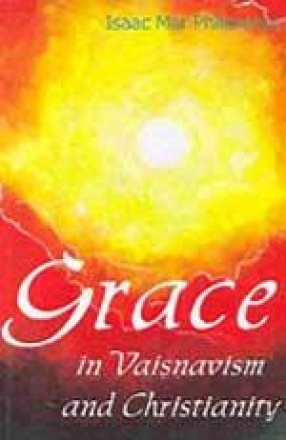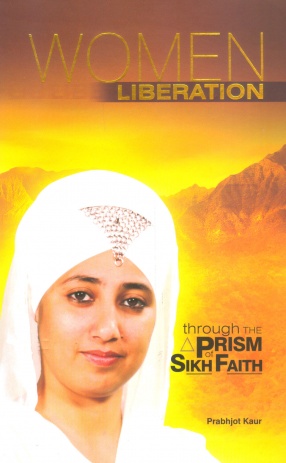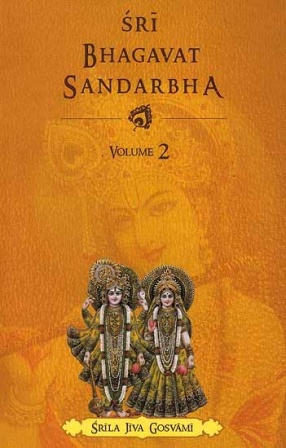Religious scriptures of theistic religions abound in narratives about the intimacy in divine-human relationship. The central theme of many of these narratives is the overflowing love of the Divine. His love reveals God in all his splendour to human beings. This unique love has been called divine grace in Christian thinking, and Bhagavat krpa or anugraha in the religious literature of Hinduism. Christian thinking speaks of a God who is related to human beings from the moment of creation. Vaisnavism asserts that it sis the divine touch that initiates in the devotee the yearning for God, the craving for the Ultimate. The devotee’s love deepens this craving in faith (sraddha), passion (rati) and selfless devotion (bhakti). Grace in Vaisnavism and Christianity explores not merely the parallelisms or differences between these two theistic systems, but also the nature of the divine-human relationship as conceived by them. The exploration brings out not only their divergences, but also the convergence of their thinking on the idea of grace. Though based chiefly on the Srimad Bhagavata Purana as the text on grace in Hinduism and on Saint Paul as the first expositor of grace in Christian theology, the study makes liberal use of other Hindu and Christian scriptural texts as well as the writings of the Vaisnava Acaryas and the Fathers of the Church. Also references to other religious systems are made when found necessary for a better understanding of the theme.
Ramayana of Valmiki (In 4 Volumes)
$153.90
$171.00





There are no reviews yet.